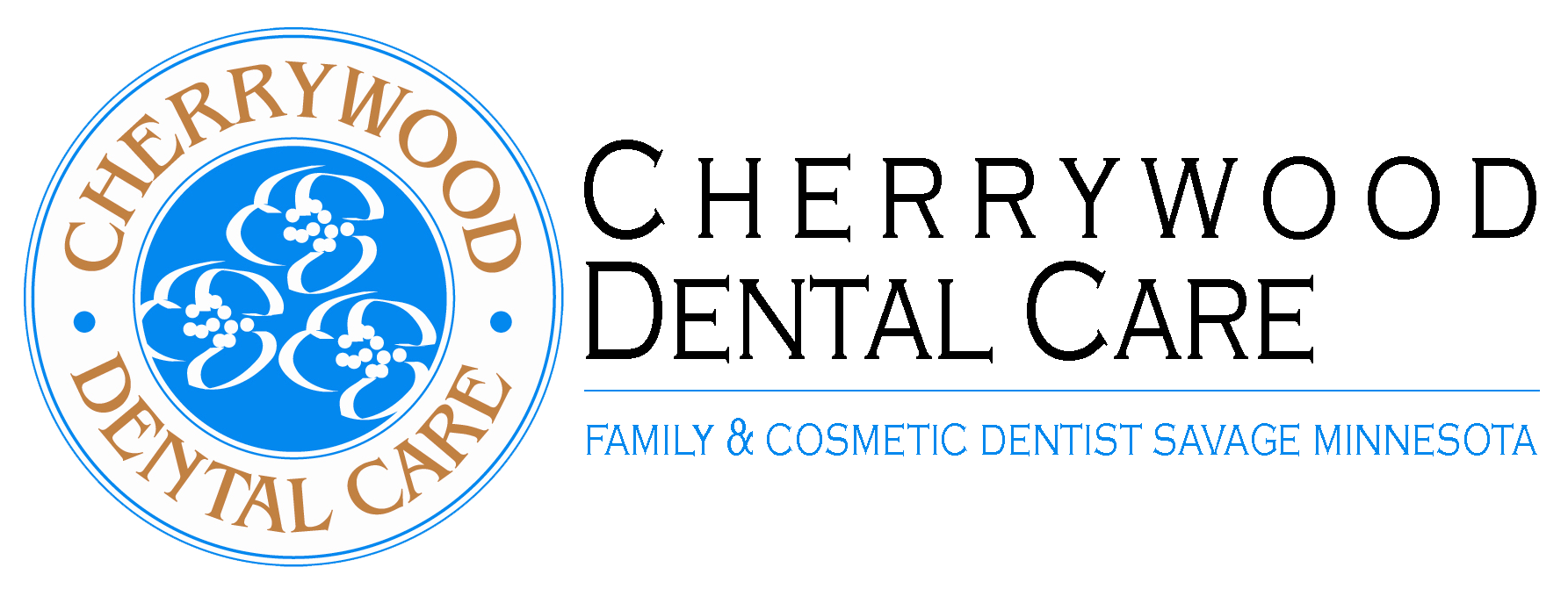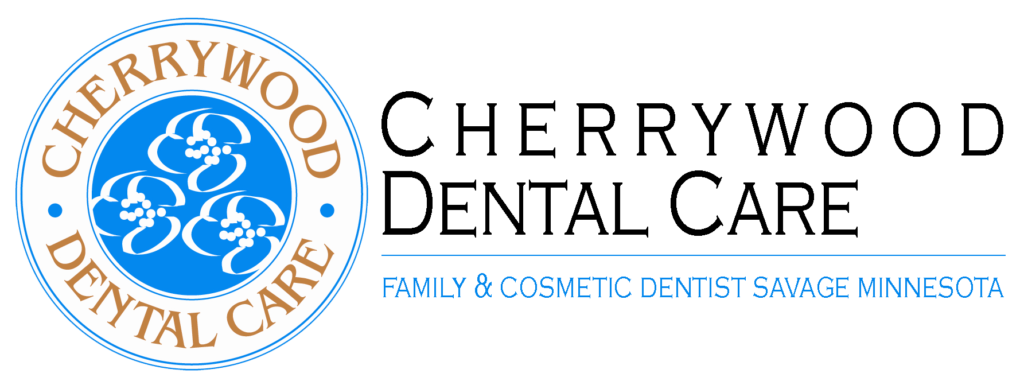Wisdom Tooth & Teeth Extraction Info
So your dentist has informed you that the next step in your oral care will involve removing you wisdom teeth with tooth extraction savage minnesota. Depending on where your wisdom teeth are located and what their removal will involve, the dentist may take them out at or the dentist may refer you to an oral surgeon.
Unlike your other two sets of molars, your wisdom teeth are not essential to strong oral health and may, in fact, be creating more issues for you than the help they could provide with chewing. For some people, based on mouth x-rays the wisdom teeth are impacted, or in the jaw unable to join the rest of your teeth without serious complications. For others, the wisdom teeth should be removed because your mouth can’t physically accommodate another set of molars or the wisdom teeth are coming in at an ill-advised angle. Finally, for others, the teeth are located so far back in the mouth that proper dental care is difficult and the results are unavoidable gum disease or tooth decay.
Prior to having your dentist or oral surgeon remove your wisdom teeth, it is important to discuss your medical history including any medications, prescription or over the counter, you regularly use. At this point you can ask any questions about your procedure or recovery process and even what type of anesthesia the dentist or surgeon recommend. Be sure to schedule your wisdom teeth extraction when you have a few days of minimal physical exertion available and you can get proper assistance for transportation, pet care or child care.
The extraction procedure should take no longer than 45 minutes but the recovery will last about 3 days to a week. For the procedure the dentist or oral surgeon will use one of the three following options to minimize your pain and discomfort: local, IV sedation, or general anesthesia. If the best choice is local anesthesia, you can plan on oral injections to numb specific areas of your mouth and jaw. During the extraction, the doctor may even offer nitrous oxide, or laughing gas, to help you stay relaxed and at ease. The effects of the injections and the gas should start to wear off fairly quickly following the removal of your molars. Should you and the doctor opt for IV sedation, the doctor will inject a sedative in your vein, usually on your arm, and you will either fall asleep or feel very sleepy for the extraction. The medication will remain in your system longer than the nitrous oxide and it is in your best interest to get transportation assistance. Finally, if you and your doctor decide that general anesthesia is the best option for your wisdom tooth extraction, then you may receive a gas or an injection to help you sleep or stay dozy for the procedure.
Depending on the location of the teeth and how much cutting the doctor performed on your gums and bone, the doctor may leave oral stitches in your mouth to help the healing process. These oral stitches are designed to dissolve after a few days. Immediately following the extraction, the doctor may leave gauze pads in your mouth to help absorb any blood. Once your anesthesia starts to wear off, you may find you do not have much pain or discomfort, but if you do, most of this should subside within 3 days.
The best things to do following surgery are:
- stick to a soft food diet with plenty of liquids
- use ice packs to keep swelling down and minimize bruising
- use a damp warm cloth to help any jaw soreness and open and close your mouth gently to prevent more soreness
- use the medications your doctor prescribes or recommends
- brush your teeth the second day, gently and carefully avoiding the healing areas
- following up with your dentist or oral surgeon if your pain and swelling do not start to improve or you start to feel feverish
The things best to avoid following surgery are:
- Using straws so as to not risk sucking out your stitches or the blood clots helping your mouth heal
- Chewing gum or eating hard, crunchy food
- Smoking or using nicotine as this inhibits the healing process
- Rinsing aggressively or using a firm toothbrush on the healing areas of your mouth
More Information on Tooth Extraction : Can I smoke After a Tooth Extraction?

